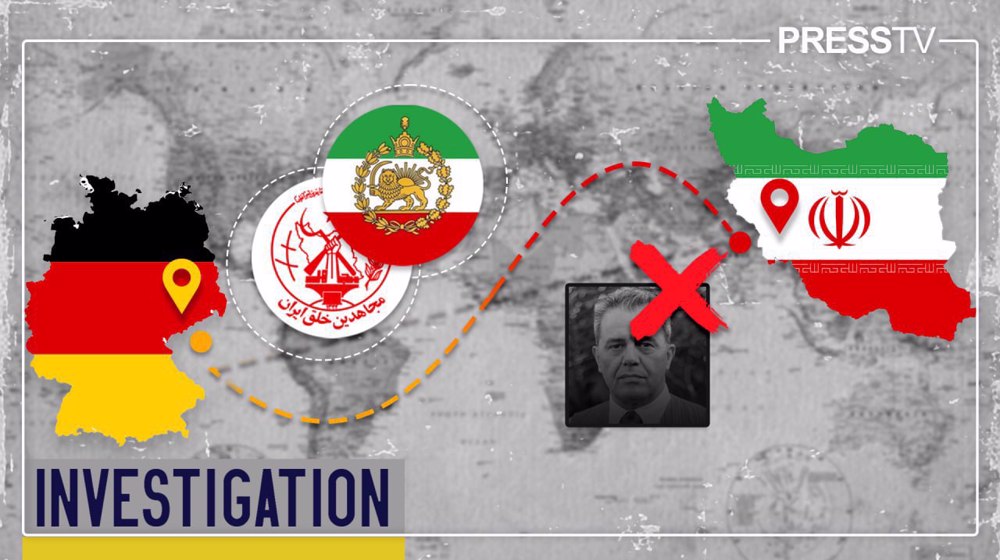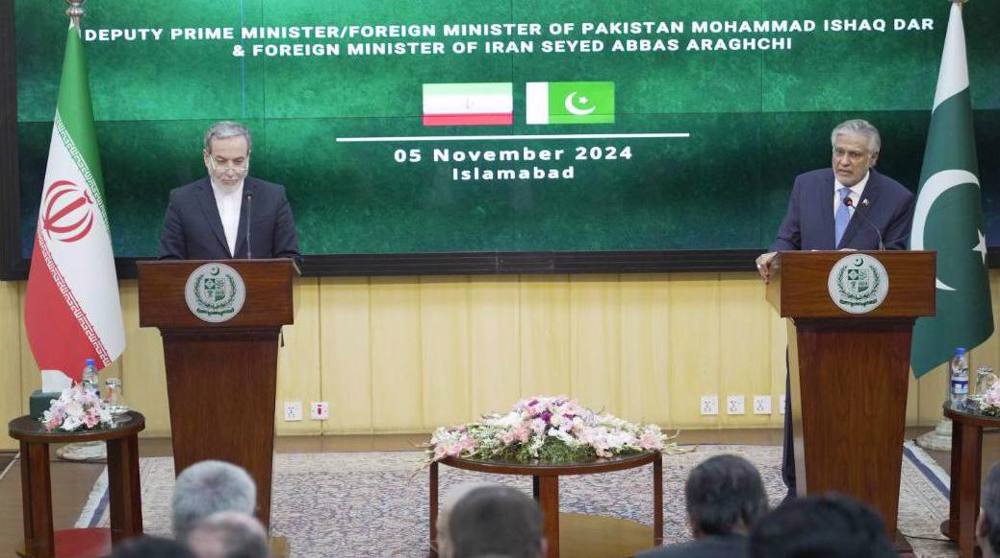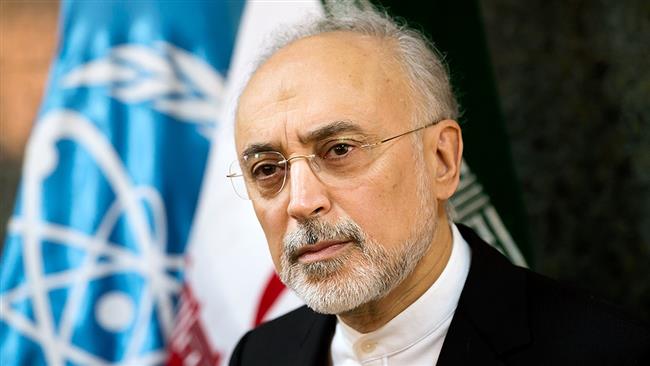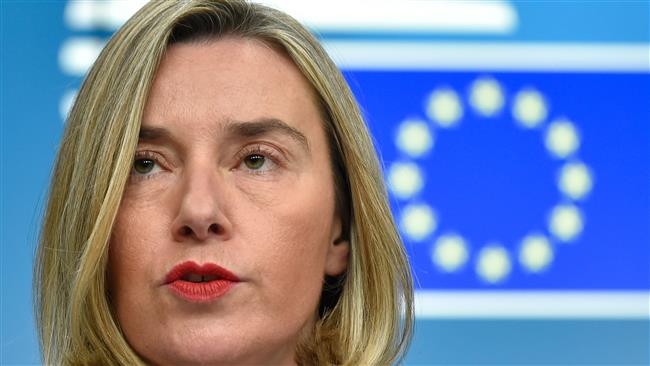Germany urges US not to mix Iran nuclear deal with unrelated issues
The German foreign minister says the European Union seeks to maintain the 2015 nuclear deal with Iran, calling on the US not to link the multilateral accord to other unrelated issues.
Sigmar Gabriel made the comments ahead of a meeting with his counterparts from Iran, Britain and France and the EU foreign policy chief, Federica Mogherini, in Brussels on Thursday about the nuclear deal, officially called the Joint Comprehensive Plan of Action (JCPOA).
Gabriel, an outspoken critic of US President Donald Trump’s polices, said, “We should separate two things from each other: we want to preserve the nuclear deal with Iran... and the difficult role Iran has in the region.”
He also said Washington should separate the Iran deal from other issues, including the Islamic Republic’s Middle East strategy as well as its national missile program.
Earlier, Iranian Mohammad Javad Zarif sat down for bilateral talks with his French counterpart, Jean-Yves Le Drian, ahead of the meeting with the top European diplomats.
During the meeting, Zarif stressed that all parties to the nuclear deal should remain committed to their obligations under the agreement, calling for a more active role on behalf of the European signatories.
Le Drian, for his part, underlined Paris’ determination to honor its obligations under the JCPOA.
The two sides also stressed the need for the establishment of stability and security in the Middle East and called for peaceful solutions to achieve that aim.
A day earlier, Zarif paid a visit to Moscow, where he discussed the JCPOA with his Russian opposite number, Sergei Lavrov.
The high-level talks in Brussels come as US President Donald is expected to decide on Friday whether to extend waivers on nuclear-related sanctions against Tehran.
Trump had in October 2016 refused to certify Iran’s compliance with the deal in defiance of several reports by the International Atomic Energy Agency (IAEA) confirming Tehran’s full commitment.
He stopped short of withdrawing from the deal, leaving it to Congress to decide whether to re-impose nuclear-relations sanctions on Iran within a 60-day period.
Congress, however, passed the ball back to Trump by letting a mid-December deadline pass without making a decision on the issue.
While the JCPOA is solely about Iran’s nuclear program, the Trump administration claims that Tehran’s growing regional influence and achievements in its conventional missile program violate the “spirit” of the nuclear deal.
Iran and other signatories to the JCPOA have warned against the adverse consequences of a possible US move to step away from the landmark nuclear deal, saying it would be counterproductive.
Since the JCPOA’s implementation, the IAEA has been verifying and monitoring Iran’s compliance with its nuclear-related commitments under the nuclear deal and has consistently verified the Islamic Republic’s compliance.
Israeli forces kill 7 more Palestinians in West Bank
Israel’s Netanyahu dismisses military affairs minister Gallant
Hezbollah attacks turn Israel’s Haifa into a ghost town
Iran’s FM meets Pakistani PM, discusses bilateral ties, Israeli atrocities
Iran ramps up gasoline output amid rising demand
UK foreign secretary under pressure over denial of genocide in Gaza
VIDEO | Press TV's news headlines
Hezbollah bombards explosives factory in occupied territories












 This makes it easy to access the Press TV website
This makes it easy to access the Press TV website